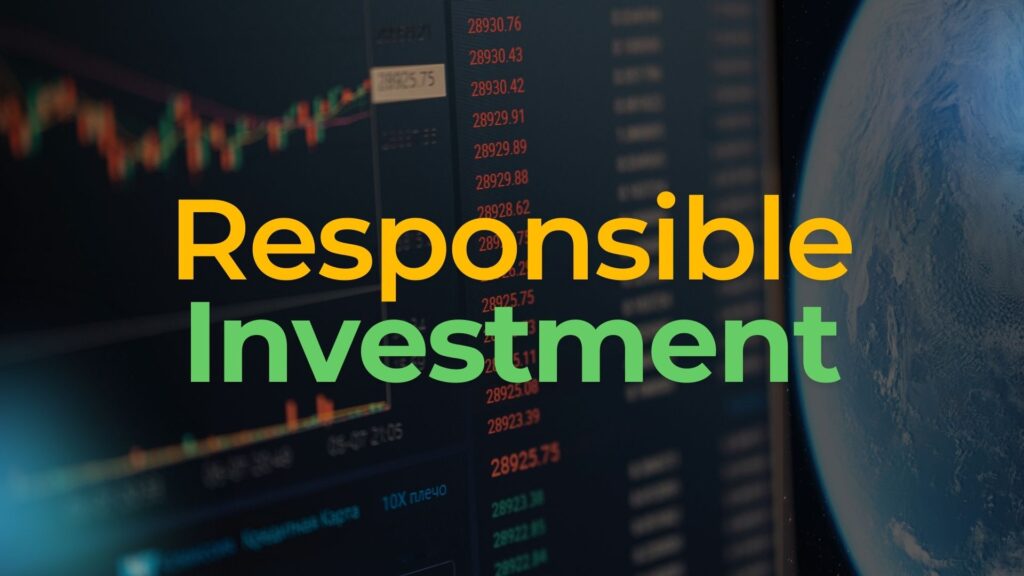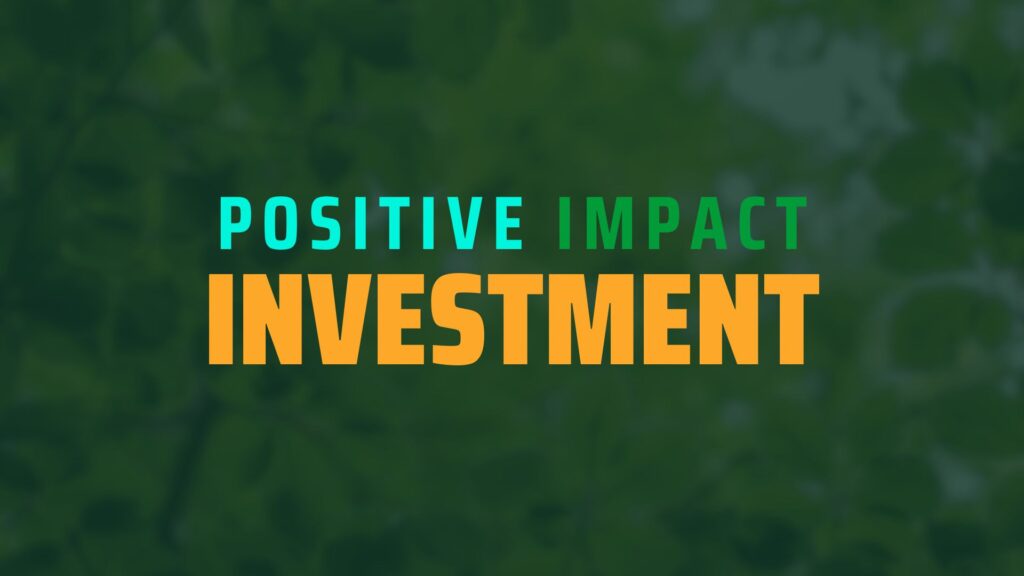In recent years, impact investments have gained prominence as a powerful tool to finance initiatives that generate tangible social and environmental benefits. Within this context, impact investments have emerged as innovative financial instruments, offering a unique opportunity to channel resources toward combating climate change and promoting sustainable and social solutions. What Are Impact Investments? Impact investments are a type of debt instrument with a key distinction: the payments are tied to achieving specific social, climate or environmental impact targets. In other words, the repayment is directly linked to the borrower’s ability to meet measurable objectives, such as reducing carbon emissions or restoring ecosystems. This structure is relevant to climate finance because it allows investors to ensure that their capital makes a significant contribution to mitigating climate risks while also generating a financial return. This innovative structure offers a win-win scenario: Transforming Climate Financing: A Paradigm Shift in Resource Allocation The importance of these investment instruments goes beyond being mere financial tools. They represent a paradigm shift in how resources are allocated to mitigate environmental impacts. By effectively channeling capital to companies and projects committed to addressing climate change, these investments drive transformation within the private sector and align financial interests with global sustainability goals. Traditional financing models often lack accountability when it comes to environmental impact. Impact investments flip the script by directly linking financial performance to climate outcomes. This approach channels resources into projects that actively address climate risks while fostering long-term economic resilience. But achieving these lofty goals requires more than just good intentions. For these investments to work, robust systems for monitoring, evaluating, and verifying outcomes are essential. The Role of Independent Verification For impact investments to be effective and truly deliver the desired outcomes, independent evaluation and ongoing verification of results are crucial. This is where organizations like Green Initiative play a vital role. As a specialized third-party entity, Green Initiative provides advisory, certification, and monitoring services for financial institutions—such as funds and banks—that offer financial instruments linked to positive climate and environmental impacts. This is where third-party organizations like Green Initiative step in. As a trusted verifier, Green Initiative ensures that the impacts promised by borrowers are not only measurable but also delivered transparently and effectively. Here’s how: How Green Initiative Ensures Impact Leveraging its expertise, Green Initiative ensures that climate and environmental impacts are measured and monitored accurately and transparently, guaranteeing that resources allocated to these projects are utilized effectively. This advisory role, often referred to as third-party verification, extends beyond merely tracking results. It also helps ensure that borrowers meet the climate mitigation goals agreed upon in their contracts with funders, such as reducing CO2 emissions or enhancing biodiversity. Strengthening Credibility and Transparency One of the standout features of impact investments is their ability to foster transparency and accountability in climate financing. By linking financial success to environmental performance, these instruments ensure that resources are used where they matter most. For example, a company borrowing funds to transition to renewable energy can have its loan terms adjusted based on measurable reductions in carbon emissions. This accountability incentivizes borrowers to achieve their goals while giving investors confidence that their capital is making a tangible difference. By acting as an independent advisor, Green Initiative also strengthens the credibility and transparency of the process. This supervisory role builds trust among all stakeholders—investors, financial institutions, entrepreneurs, and society at large. Through rigorous and impartial audits, Green Initiative validates the impact metrics reported by borrowers, ensuring that funds are appropriately used to achieve the desired outcomes. Beyond Verification: Driving Accountability In this context, Green Initiative’s work goes beyond simply validating results. It also assists financial institutions in monitoring compliance with the impact objectives of the instrument. This can include adjustments to instrument conditions, such as modifying interest rates based on the borrower’s performance. This flexibility ensures that impact investments remain aligned with environmental objectives and promote ongoing accountability among borrowers, incentivizing them to achieve the agreed-upon goals. Positive impact investments are more than just a financial innovation—they’re a strategic approach to driving global sustainability. Here’s why they matter: Unlocking the Potential of Positive Impact Investments Positive impact investments not only offer a way to finance climate mitigation projects but also contribute to building a more sustainable and transparent economy. These investments represent a groundbreaking shift in how we finance climate action. But their success hinges on rigorous monitoring, accountability, and collaboration between stakeholders. However, to unlock their full potential, rigorous monitoring and validation of impacts must be conducted by trustworthy entities like Green Initiative. In doing so, these instruments can ensure that financial resources are effectively directed toward combating climate change, paving the way for a more sustainable future for everyone. At the heart of this ecosystem is Green Initiative, a leader in providing the oversight and expertise that positive impact investments demand. From validating outcomes to guiding borrowers and investors through the intricacies of sustainability metrics, Green Initiative ensures that these financial tools live up to their potential. Our work goes beyond audits and certifications—it helps create a culture of accountability in climate financing, paving the way for a transparent, sustainable future. Now is the time to embrace this innovative approach to climate action. Together, we can drive meaningful change and create a better future for generations to come. Written by Tatiana Otaviano, from the Green Initiative Team.




